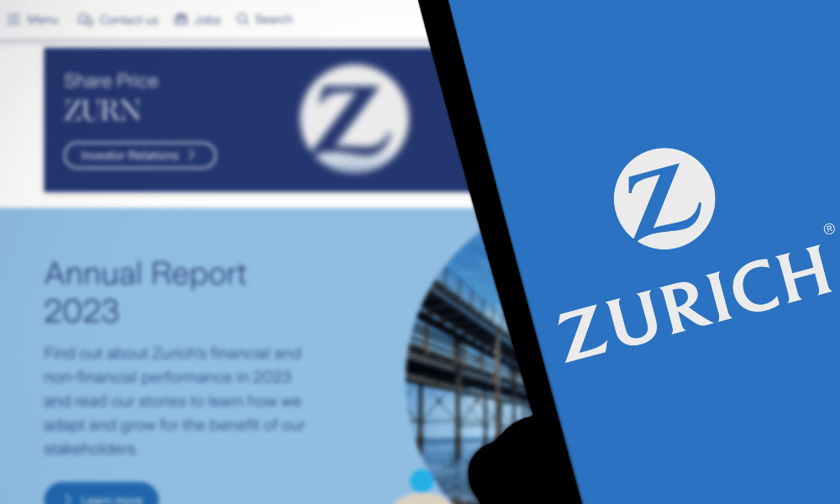

Zurich Insurance Group has taken a calculated step into the insurtech space by investing in Ominimo, a Hungary-based car insurance startup founded by Serbian entrepreneurs. The Swiss insurer has acquired a minority stake in the fledgling company, valuing it at €200 million (approximately $220 million), in a deal that signals how legacy players are turning to nimble, AI-native startups to modernize their operations and expand their customer base.
While Zurich and Ominimo have declined to reveal the exact investment amount, reporting from TechCrunch suggests the Swiss firm paid €10 million for a 5% share. The partnership will see Zurich’s German unit, DA Direkt, team up with Ominimo to roll out digital motor insurance products across Europe. The first market, Poland, is slated for launch later this year.
“Growing our retail business profitably is a key ambition in Zurich’s 2025–2027 cycle,” said Alison Martin, CEO for Europe, Middle East and Africa at Zurich. “That is why I am delighted with DA Direkt’s distribution partnership with Ominimo, which will allow us to offer innovative motor insurance solutions and expand our retail customer base in Europe, beyond the markets in which Zurich is already present.”
Ominimo’s founding story begins not in a garage but in the meeting rooms of a global consultancy. CEO Dusan Komar, previously a consultant at McKinsey, became disillusioned with how traditional insurers struggled to innovate. Rigid legacy technology, slow corporate decision-making, and an inability to attract top engineering talent were just some of the roadblocks.
“No brilliant software engineer or data scientist dreams of working for an insurance company,” Komar said.
Rather than continue handing off code to clients who couldn’t execute, Komar and co-founders Dennis Weinbender and Laslo Horvath decided to build their own company. Their pitch: pay top-tier engineers competitively, give them the freedom to build cutting-edge solutions, and reimagine insurance from the ground up. Ominimo’s data science team now includes eight medalists from global math and physics competitions.
“These are really brilliant young minds who now, for the first time, get to deploy their full potential on a global scale. And this really shows in the KPIs that we see,” Komar said.
The company launched quietly in Hungary just 12 months ago and has already sold over 300,000 policies, capturing 7% of the car insurance market and turning a profit. Its next moves are bold: Ominimo plans to enter Sweden and the Netherlands soon after Poland, and aims to expand into at least ten countries in the coming years. Under the Zurich partnership, Ominimo will operate as a managing general agent, controlling customer experience and product development, while Zurich provides the insurance backing.
At the heart of Ominimo’s proposition is its approach to pricing risk. Most traditional insurers use five or six variables—such as age, vehicle type, and driving history—to calculate premiums. Ominimo’s system pulls in hundreds of data points, including vehicle dimensions and urban traffic density, to make far more nuanced assessments.
“It’s interesting, for instance, to see that data shows a very strong correlation between the length of the car and the frequency of accidents during parking,” Komar said.
He is quick to distinguish Ominimo from other startups that, in his view, focus more on sleek design than on real actuarial innovation. “There is a difference between claiming to do data science in terms of risk assessment, and actually doing it,” he said. “I think what really matters is actually performance in the market.”
Zurich’s investment in Ominimo comes as part of a broader push to reposition itself as a more tech-forward, customer-centric insurer. In recent months, Zurich has also invested in UK startup Onsi, which provides employee benefits for freelance workers, and Canadian cybersecurity firm BOXX Insurance. All of these bets align with the company’s 2025–2027 financial targets, which include a return on equity of over 23% and $19 billion in cumulative cash remittances.
Peter Stockhorst, CEO of DA Direkt, emphasized the strategic upside: “We have achieved significant success in strategic collaborations with startups in recent years... We see our partnership with Ominimo as an ideal combination for realizing this potential with tailored offers for a wider customer base.”
For Komar, the partnership offers scale and credibility in a notoriously capital-intensive industry. “Zurich's global reputation and financial strength will not only provide us with stability, but will enable us to achieve very ambitious growth in an industry that is extremely capital-intensive,” he said in a statement.
As others in the insurtech world falter - most notably WeFox, which is currently shedding assets to stay afloat - Ominimo’s combination of technical depth and disciplined growth may offer a rare success story in a sector littered with good intentions and unsustainable business models.
